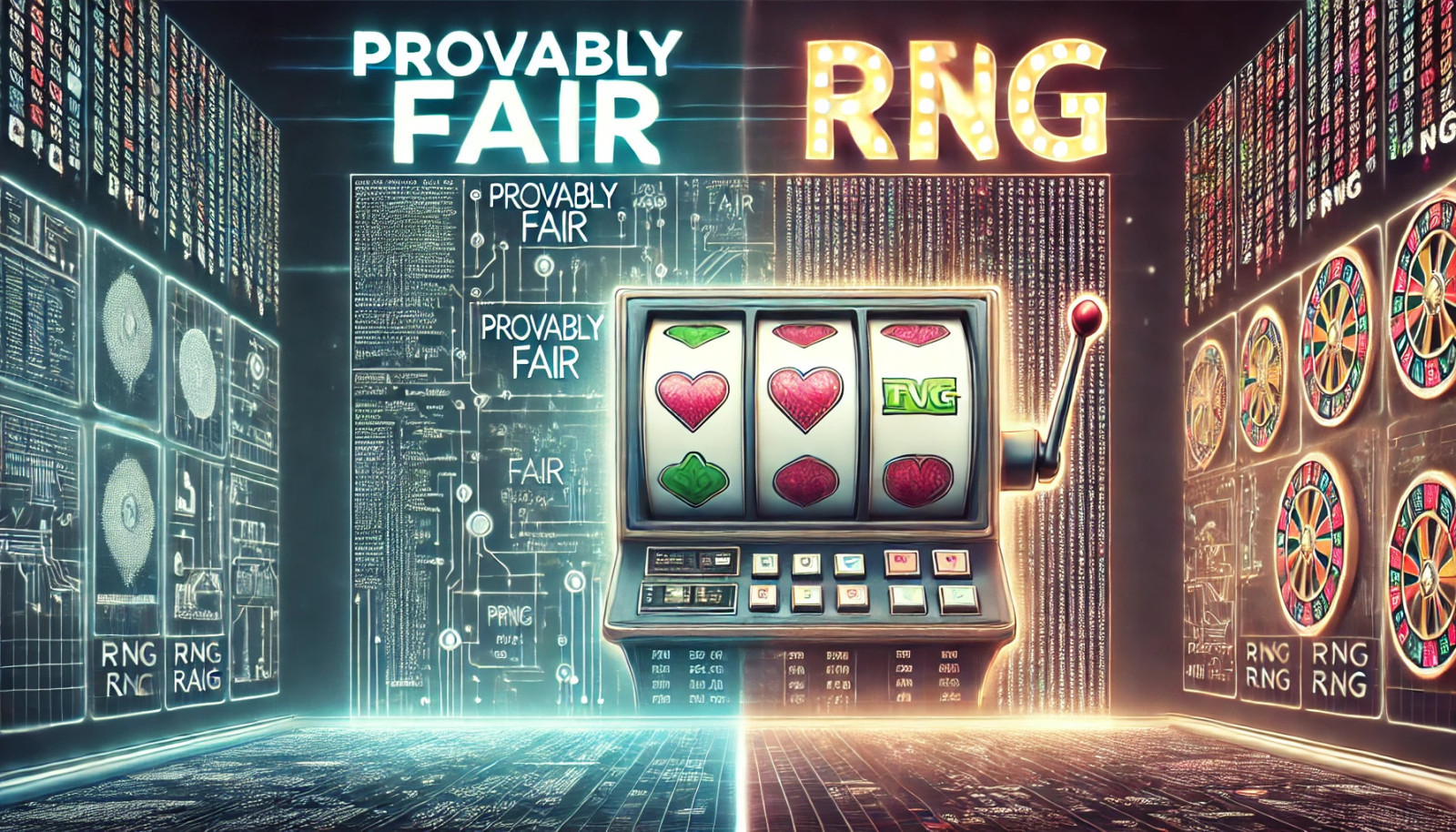Provably Fair (PF) technology has become a cornerstone in online gambling, ensuring transparency and fostering trust between players and gaming platforms. This cryptographic algorithm guarantees the fairness of game outcomes, allowing players to verify each game’s integrity. This article explores the intricacies of Provably Fair technology and its impact on the iGaming industry.
What Is Provably Fair?
Provably Fair is a system that uses cryptographic hashing to ensure that game outcomes are both fair and verifiable by players. This technology relies on complex mathematical algorithms to pre-determine game results before players place their bets. Here are the key components:
- Cryptographic Hashing: A mathematical process that converts an input (or ‘message’) into a fixed-size string of bytes. It’s crucial because changing even a single character in the input will result in a drastically different hash output.
- Seed Numbers: Used in the algorithm, these numbers are provided by both the player and the server to generate game results. This ensures that results cannot be manipulated after bets are placed.
- Verification Process: After a game, players can verify the outcome using the provided hashed data and seeds. This transparency prevents any potential tampering by the casino.
How It Works
- Game Initialization: Before the game starts, the server generates a random seed number and hashes it (let’s call this Hash1). This hash is made available to the player.
- Player Participation: The player provides their own seed number.
- Game Outcome Generation: Both the server’s seed number and the player’s seed number are combined and used to determine the game’s outcome.
- Outcome & Verification: The result is shown to the player, who can then verify it by comparing the pre-game hash (Hash1) and the combined seeds to assure that the game was fair.
The Importance of Provably Fair Technology
The importance of Provably Fair technology in online gambling cannot be overstated. It addresses several critical issues in the industry:
- Trust and Transparency: Players can verify the fairness of each game, ensuring that the results are genuinely random and not manipulated by the casino.
- Security: Cryptographic methods protect the integrity of the game results.
- Regulatory Compliance: This technology helps casinos meet regulatory requirements for fairness and transparency.
Examples in Practice
- Online Casinos: Many online casinos use Provably Fair algorithms to ensure their slot machines, card games, and other interactive formats are fair.
- Crypto Casinos: Platforms dealing in cryptocurrencies often use Provably Fair technology to enhance trust, given the anonymous nature of transactions.
Benefits for Players
- Confidence in Playing: Knowing that a game is fair increases player confidence and enhances their gaming experience.
- Ability to Verify: Players can independently verify each game’s fairness, providing peace of mind.
- Informed Gaming: Detailed knowledge about game fairness allows players to make more informed decisions.
Challenges and Limitations
While Provably Fair technology is groundbreaking, it is not without its challenges:
- Technical Understanding: The complexity of cryptographic algorithms and the verification process can be daunting for non-technical users.
- Implementation Costs: Developing and maintaining Provably Fair systems can be costly for casinos.
- User Trust: Despite the transparency, some players may still harbor distrust due to a lack of understanding of the technology.
Real-World Applications
Several platforms have effectively implemented Provably Fair technology. Here are a few notable examples:
BGaming
BGaming integrates Provably Fair algorithms into their games, providing players with the tools to verify each game’s fairness. They use cryptographic hashes and player seeds to ensure transparency.
GameChampions
GameChampions emphasizes the Provably Fair system in their platform, allowing users to check game fairness through a user-friendly verification process. This has bolstered their reputation in the gaming community.
Coinpaper
Coinpaper’s gaming section provides detailed explanations of how Provably Fair technology works, highlighting the use of blockchain to enhance transparency and security in games.
SoftSwiss
SoftSwiss employs Provably Fair methods to offer a reliable gaming environment. Their system ensures that each game session is verifiable and fair, contributing to player trust and loyalty.
Conclusion
Provably Fair technology represents a significant advancement in the iGaming industry, providing much-needed transparency and trust. By allowing players to verify game outcomes through cryptographic algorithms, it ensures fairness and security. As more platforms adopt this technology, the standard for fairness in online gambling will continue to rise, benefiting both players and operators.
Key Takeaways
- Provably Fair technology uses cryptographic algorithms to ensure fair game outcomes.
- It provides a system where players can independently verify the fairness of each game.
- The implementation of Provably Fair systems enhances trust and transparency in online gambling.
- Despite its benefits, the complexity of the technology can be a barrier for some users.
Future Outlook
As the iGaming industry evolves, the adoption of Provably Fair technology is expected to grow. Future advancements might include more user-friendly verification processes and broader implementation across different types of games. This will not only solidify player confidence but also set a new standard for fairness in the digital gaming landscape.
